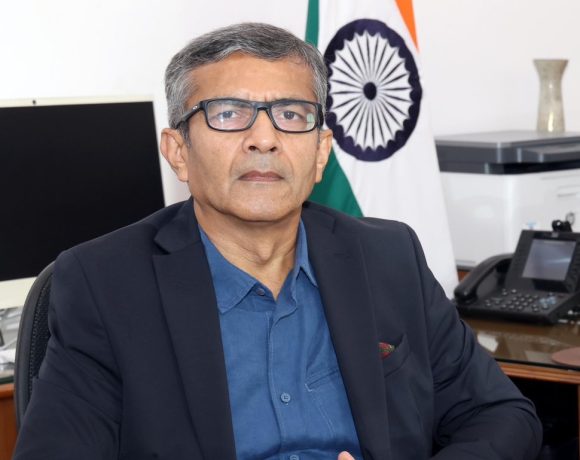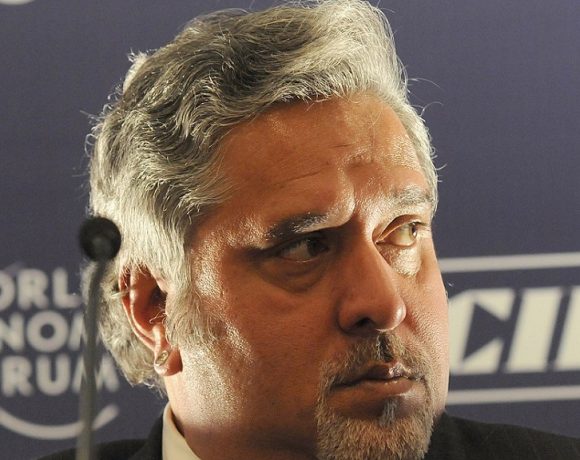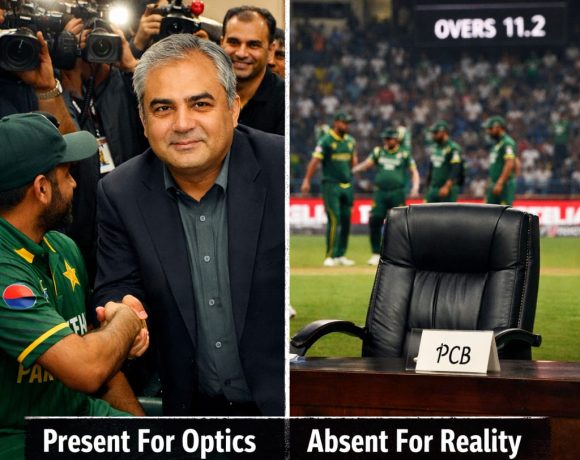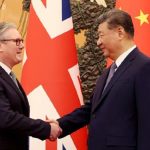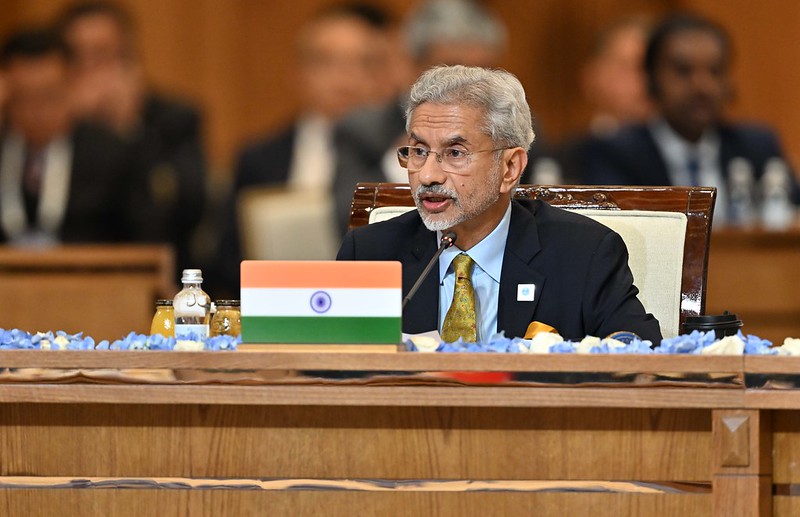
Jaishankar Asserts India-Pakistan Talks Will Stay Bilateral
In a strong diplomatic message delivered from Germany, External Affairs Minister Dr. S. Jaishankar made it clear that India’s approach to dealing with Pakistan will remain strictly bilateral. Speaking on May 23, 2025, amid renewed tensions following the Pahalgam terror attack and subsequent Operation Sindoor, Jaishankar stated, “India will never give in to nuclear blackmail, and India will deal with Pakistan purely bilaterally. There should be no confusion in any quarter in that regard.”
The statement comes in response to various international quarters speculating about potential backchannel mediations. Jaishankar emphasized that India will not tolerate third-party interference in its security affairs and that any dialogue with Islamabad will be conducted on India’s terms alone.
Ceasefire After Operation Sindoor Was Military-to-Military
India’s firm posture was underscored further in Jaishankar’s comments about the recent ceasefire agreement following Operation Sindoor. He clarified that the ceasefire was arranged directly between military channels, without involvement from any third country. “There was no United States, no backchannel, no third party. It was direct,” Jaishankar reiterated in response to questions about diplomatic mediation.
Operation Sindoor was India’s calibrated military response to the April 22 Pahalgam attack, which claimed 26 civilian lives and was allegedly supported by Pakistani handlers. The Indian military struck multiple terror launchpads and Pakistani military positions in what has been described as a significant shift in India’s cross-border counter-terror strategy.
Germany Aligns with India’s Right to Self-Defense
During his visit, Jaishankar also met senior officials in Berlin and asserted that Germany had expressed understanding of India’s position. He indicated that Indian diplomatic outreach in Europe is focused on gathering strategic support for India’s sovereign right to defend itself against cross-border terrorism.
Germany has not publicly criticized India’s response to the Pahalgam attack, and Jaishankar’s statement sought to dispel any ambiguity about the nature of Indo-German engagements. The foreign minister is expected to continue his European tour with stops in the Netherlands and Denmark, where regional security and trade cooperation will be high on the agenda.
India’s Strategic Clarity on Pakistan
India’s insistence on bilateral engagement with Pakistan is consistent with its long-standing foreign policy doctrine, especially post-Article 370 abrogation. With tensions remaining high and political rhetoric intensifying in Pakistan, India’s foreign policy under Jaishankar continues to prioritize sovereign decision-making over externally influenced peace processes.
The recent statements reinforce that India’s response to terrorism and diplomatic engagement with Pakistan will be based on direct communication, not global mediation. The message is clear — India seeks peace, but only on its terms and through its established bilateral channels.


